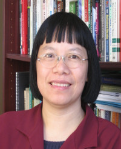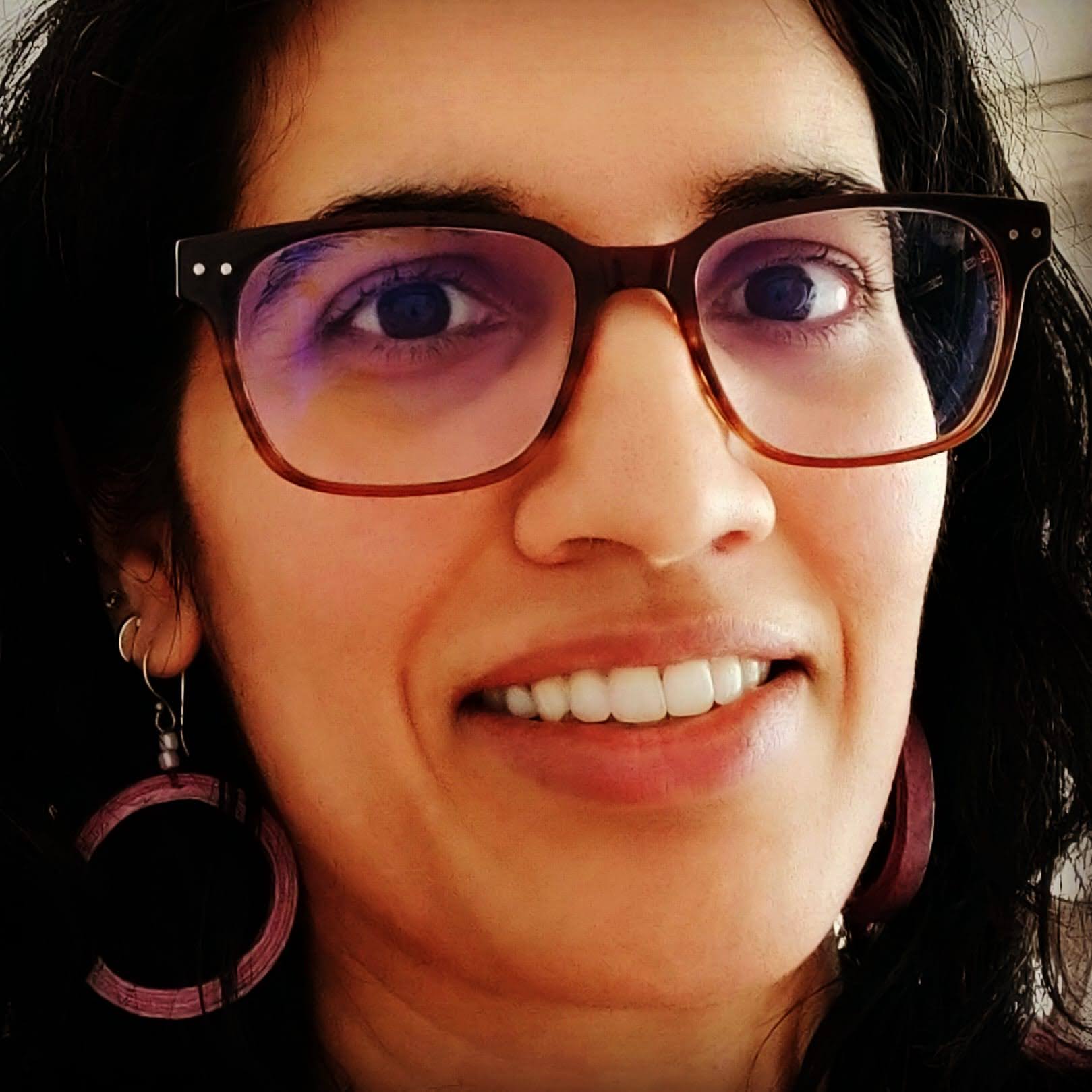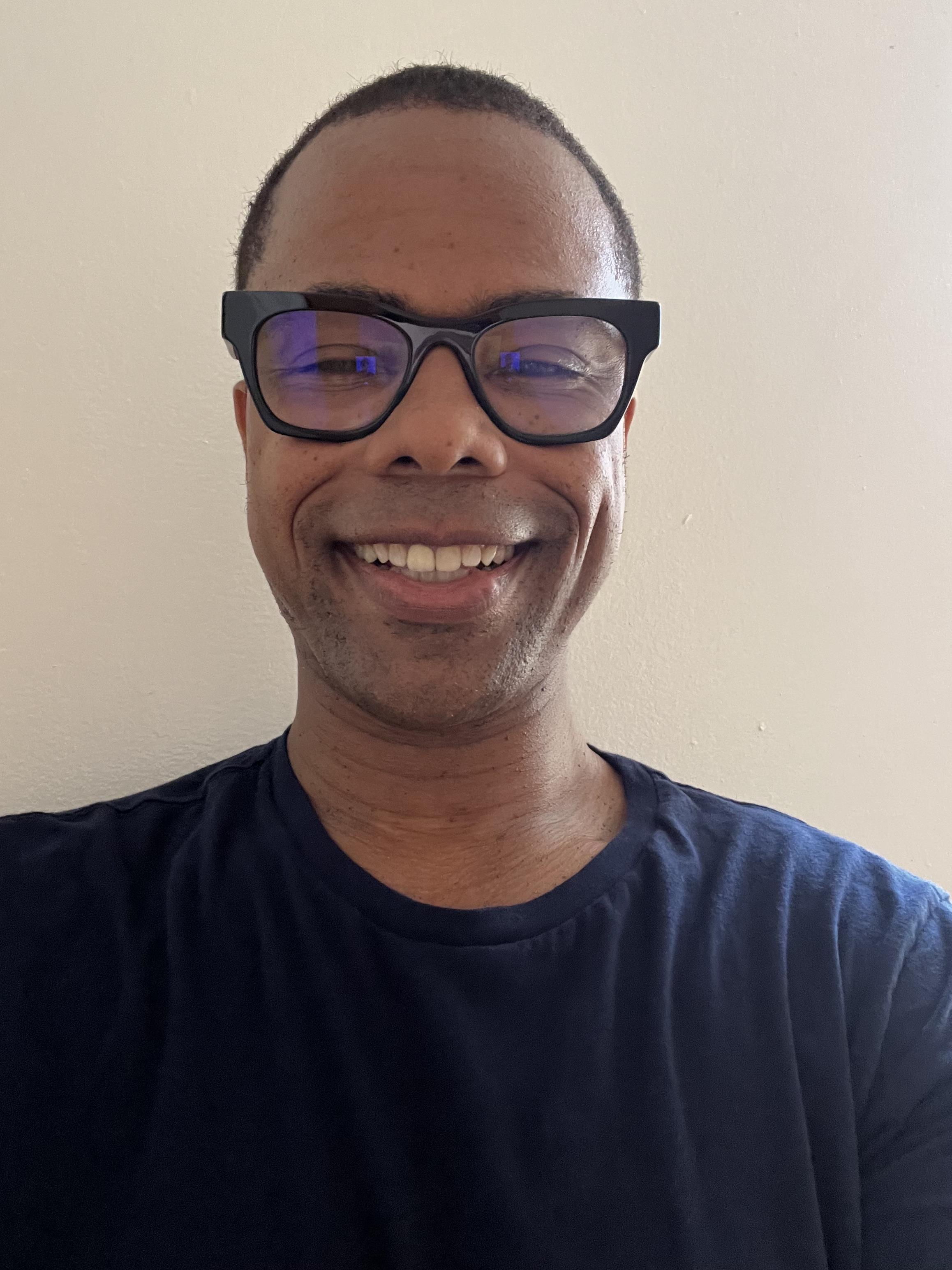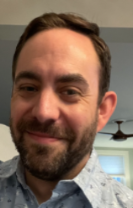
Dr. Jing Lin is Harold R. W. Benjamin Professor of International Education in the program of International Education Policy at University of Maryland, College Park. She received her doctorate from the University of Michigan. She has done extensive research on comparative and international education focusing on East Asia, peace and environmental education, spirituality, religion and education, and contemplative inquiry and holistic education. The books she has published as single author and co-author/co-editor are: The Red Guard’s Path to Violence (1991); Love, Peace and Wisdom in Education: Vision for Education in the 21st Century (2006); Educators as Peace Makers: Transforming Education for Global Peace (2008); Spirituality, Religion, and Peace Education (2010); Transformative Eco-Education for Human and Planetary Survival (2012); Re-envisioning Higher Education: Embodied Pathways to Wisdom and Social Transformation (2013); Toward a Spiritual Research Paradigm: Exploring New Ways of Knowing, Researching and Being (2016); Contemplative Pedagogies for Transformative Teaching, Learning, and Being (2019); and Daoist Cultivating of Qi and Virtue for Life, Wisdom and Learning (2020).
Dr. Lin has published many articles and chapters on peace education, and sustainability education and holistic education. Topics include: “From self cultivation to social transformation: The Confucian embodied pathways and educational implications” (2018); “Enlightenment from body-spirit integration: Dunhuang’s Buddhist cultivation pathways and educational implications (2019); “Environmental justice must include the rights of all species to life and respect: Integrating indigenous knowledge into education; (Lin et al., 2020); “From Intimidation to Love: Taoist philosophy and Love-based environmental education” (Yang, Lin & Culham, 2019). Dr. Lin has been the co-editor of four book series: 1) Peace Education; 2) Transforming Education for the Future; 3) Confucianism, Taoism, Buddhism, and Education; and 4) Religion, Spirituality, and Education.

Deepa Srikantaiah, Ph.D. Program Chair: To me the knowledge of mathematics, science, and art empowers voices. I am an educator, artist, researcher, and a South Asian American born and raised in the DC area. Primarily my interests are in pre-colonial knowledge systems, contemplative studies, and mathematics & science education. I started my career as a chemistry teacher and worked on after-school stem programs for minoritized communities in the US. This experience fueled my passion for teaching and education and led me to pursue graduate work in education. Broadly I am interested in recognizing knowledge systems that existed prior to colonial rule in regions of Africa, South, and East Asia. I refer to these knowledge systems as pre-colonial knowledge or indigenous knowledge systems which were lost, devalued, or in some situations destroyed under colonial rule. I am also interested in contemplative studies and raising critical consciousness.
I have worked at the World Bank, The Global Partnership for Education, USAID, with USAID contractors, non-profits, universities, and was awarded a fulbright to india (2015-2016). I have worked in South and East Asia, Eastern and Southern Africa, and The United States.
I am also an artist and believe that creativity and innovation is an interdisciplinary skill that can motivate students to empower their thoughts, voices, and actions. As an artist, I continue my training in South Indian classical music, visual arts, theater/performing arts, and Iyengar Yoga.
I am currently a senior education advisor with the Africa Bureau at USAID. I am also an affiliate faculty in the International Education Policy Program at the University of Maryland, College Park, and for the Doctoral Program at the School for International Training. I also serve as a member of the IRB research committee for the School for International Training.
I received my M.A. and Ph.D. in International Education Policy from the University of Maryland, College Park.

Brett Grant, Ph.D. - Co-Program Chair: My background is as a creative policy strategist and researcher whose work is focused on racial justice and social impact issues. With over 15 years of experience working with communities of color, government agencies and stakeholders, Brett is recognized for his ability to listen and develop strategically impactful and innovative initiatives that are focused on the communities he represents. Brett’s expertise lies in understanding systemic and institutional racism as they pertain to education, policy, community based research and practice.
An educator at heart, Brett believes that some of his most important lessons have come from his experiences traveling the world. After living in Europe, Brett spent time in South America, where he developed and facilitated research projects with graduate students to compare American and argentine education systems. Brett has also worked with numerous artists, politicians, educators, and researchers in shaping insightful racial equity legislation. He is comfortable and experienced working with a wide range of personalities, and has successfully created and maintained strong relationships with an extensive network of professionals from the education, government and private sectors. He is known amongst his colleagues for being incredibly innovative, authentic and thoughtful. His love of collaboration, which is complemented by his intellectually curious personality, enables him to thrive in multiple settings, on dynamic projects, while remaining focused on the small details.
A native San Franciscan, Brett attended ucla where he obtained his BA in political science with a concentration in international relations, and the University of Illinois, Urbana-Champaign, where he obtained an Ed.M. and a Ph.D. in education policy, organization & leadership. His research focuses on holistic educational thought in K-12 schools. Brett has published articles in academic journals, is proficient in Spanish, is a certified Hot 26/2 yoga teacher, and currently lives in New York where he is a postdoctoral research fellow with the Black Education Research Collective (BERC) at Teachers College, Columbia University.

Dr. R. Kirk Anderson (he/him) is an Assistant Professor of Educational Studies at Dickinson College. As an ethnographer and anthropologist, his work focuses on how diversity is conceptualized and practiced in higher education. The primary focus of his teaching and scholarship is on understanding and confronting educational inequities across educational spaces and institutions. This work led him to an interest in critical and contemplative pedagogies and practices that he utilizes to help students better understand the emotional responses that arise during difficult classroom conversations and when engaging difficult subject-matter. During the pandemic, Kirk’s interests and experiences led him to Trauma-Informed Pedagogy. He is currently engaged in an on-going critical participatory action project with undergraduate students to better understand students’ conceptualize the core values of TIP in practice. Their ultimate goal is to to formulate more student-centric trauma-informed teaching and learning practices. In addition to this research, he and his partner conduct workshops and training sessions on Trauma-Informed Pedagogy for faculty and staff at institutions across the United States.

Michelle L. Tichy, Ph.D. She earned her doctorate in Educational Psychology with an emphasis on Social and Developmental Psychology from the University of Minnesota. Michelle has been involved in both the Spirituality and Education SIG, as well as the Holistic Education SIG at AERA since she was in Graduate school back in the early 2000s. She has served in SIG leadership for the Holistic Education SIG for much of the past10 years. Michelle works with and trains teachers to better support neurodiverse students including students who are Highly Sensitive, Gifted, live with anxiety and ADHD. Her heart centered commitment is to create access to holistic and authentic educational opportunities for all students. As a Positive Psychologist focused in social and developmental psychology she is fascinated by how people grow and thrive from prenatal development through life. Her work integrates various contemplative practices and social/ecological justice, her work spans organizations from private high schools, small not for profit preschools, grassroots political organizations, parochial schools, Head Start, grassroots charter school systems, and traditional public schools. An overarching theme of her work as a scholar, teacher, and a leader, is how and why organizational systems are operating the way they are and what can be done to transform them in order to create systems that better serve the holistic needs of students, teachers, and communities using contemplative practices and heart centered social/ecological justice efforts.